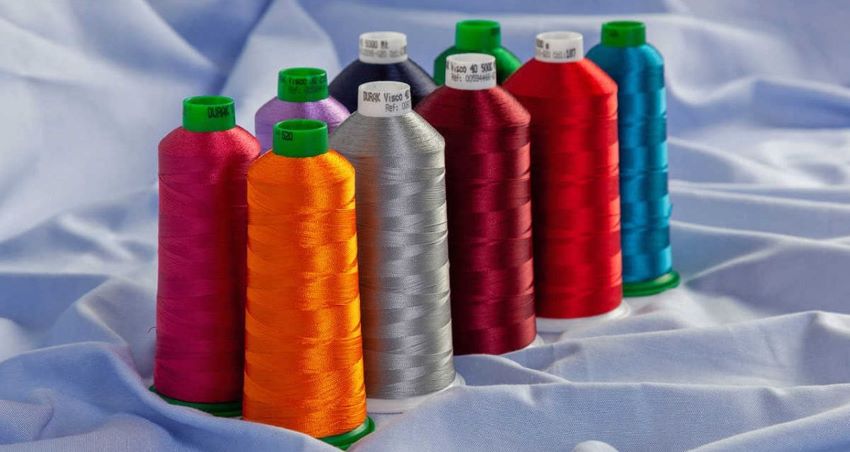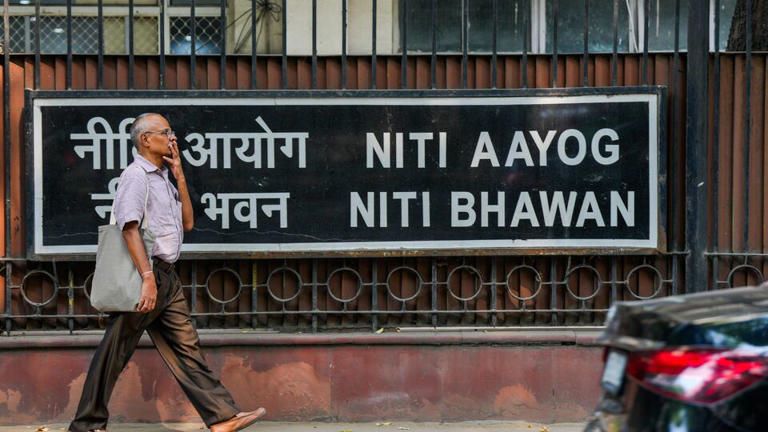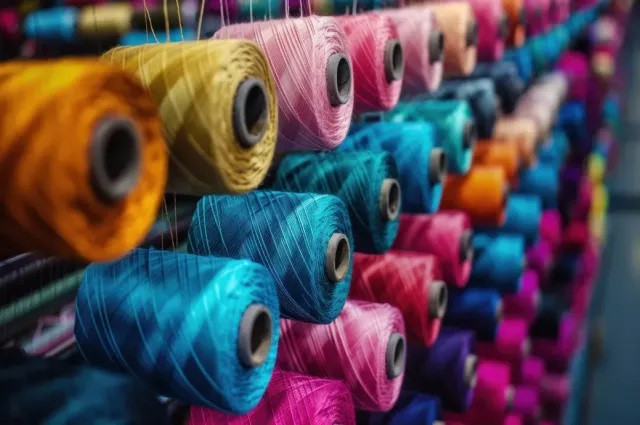Egypt‘s most famous export, the silky soft cotton prized by makers of luxury bedding and clothing, has become scarce as production fell and most supplies sold under its brand name last year were, fake. But a surge in local cotton prices ahead of next month‘s planting season, and a crackdown on ersatz Egyptian cotton worldwide, is reviving interest in cultivating the long-neglected crop.
Farmers, spinners, and exporters say the weakness of the Egyptian pound following its flotation in November and a scandal over the alleged sale of falsely labelled Egyptian cotton has increased demand for the real thing, injecting life into a historic industry on its deathbed.
Last year, agricultural production of Egypt‘s high quality long-staple cotton hit a more than 100-year low. In a bid to save its historic crop, Egypt in 2016 banned all but the highest quality cotton seed, dramatically shrinking the area under cultivation but restoring quality.
With global stocks low, some foreign suppliers have mixed lower grade lint into yarns and fabrics, passing them off as Egyptian cotton, spinners and exporters said. The Cotton Egypt Association, which provides an official logo to suppliers of 100 percent Egyptian cotton, estimates that about 90 percent of global supplies of Egyptian cotton last year were fake.
Its return to world markets could provide a lucrative export opportunity at a time when Egypt has a huge trade deficit and is seeking to relaunch its stagnant economy.












